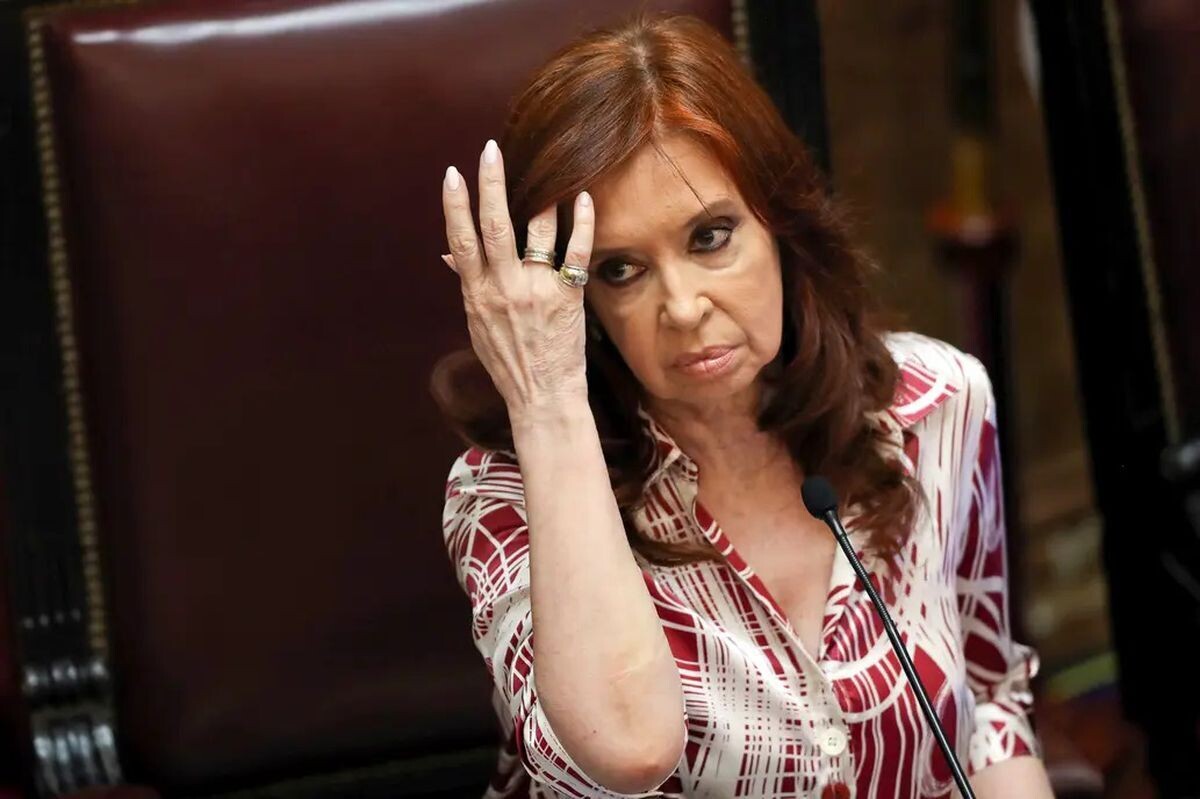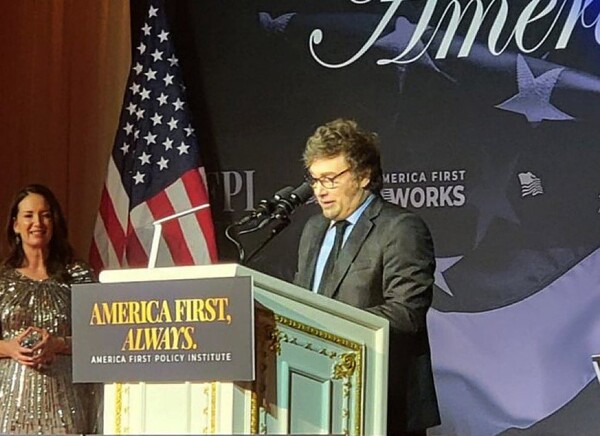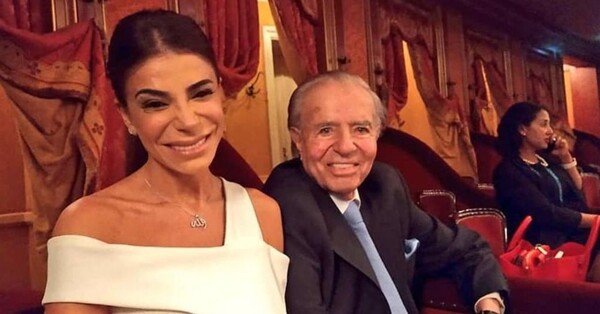
The government of Javier Milei has decided to suspend the privileged pensions of Cristina Kirchner, generating a strong reaction from the former president. Adorni, the government's spokesperson, stated that the pensions of former presidents are a privilege that should not exist, especially if the recipient is convicted of corruption.
Cristina Kirchner has questioned the legality of the measure and has anticipated that the matter could be subjected to judicial review. For its part, the government has emphasized that Kirchner's privileged pension contradicts the principles of honor and merit, given her past conviction for corruption in the Vialidad Case.
Although it is established that former presidents will receive a lifetime assignment equivalent to 80% of the salary of a sitting head of state, the suspension of privileged pensions will not affect those who are already receiving them, based on the principle of non-retroactivity. Adorni assured that Cristina Kirchner will be able to continue receiving a pension according to her contributions, but not for the additional amount that represents the privilege.
The elimination of privileged pensions has also extended to former president Néstor Kirchner's pension and has reinforced the government's message about the elimination of privileges in the pension system. Society has expressed its support for this measure, which they consider reparative.
Despite Kirchner's criticisms and her possible legal recourse to halt these changes, the government has stressed that the measure represents a significant savings for the state. The possibility of a prolonged judicial process is on the table while waiting to see how this decision evolves in the political and judicial spheres.














